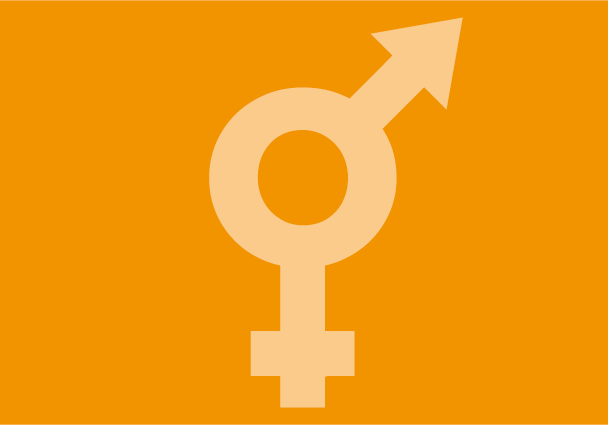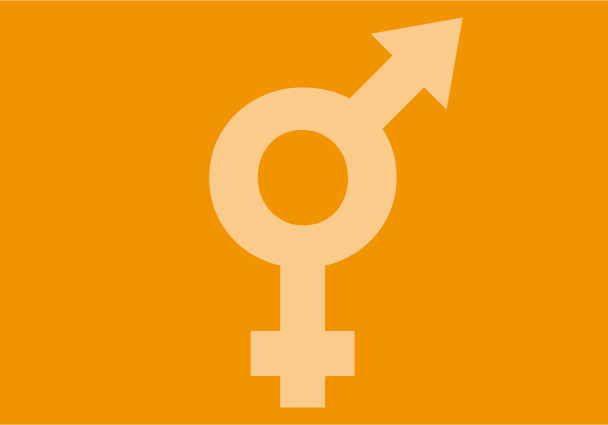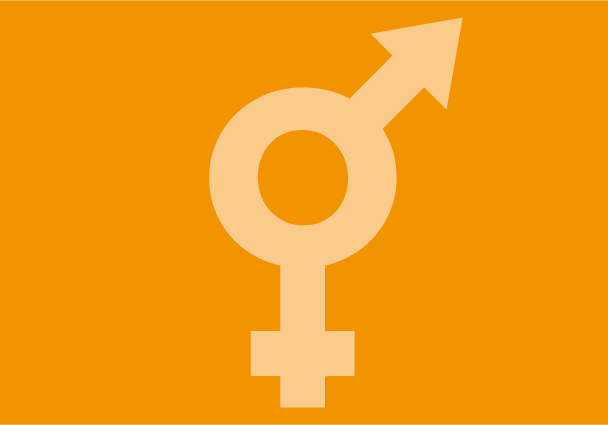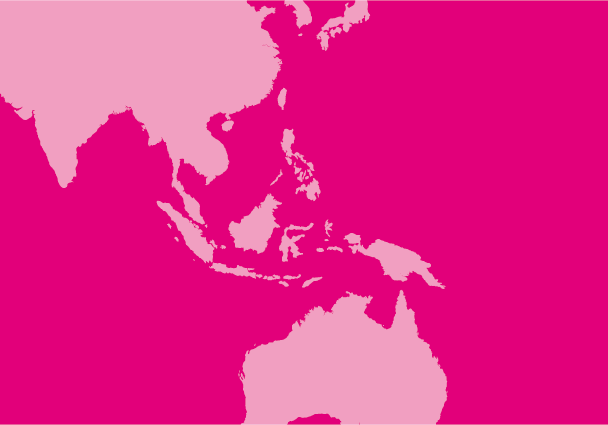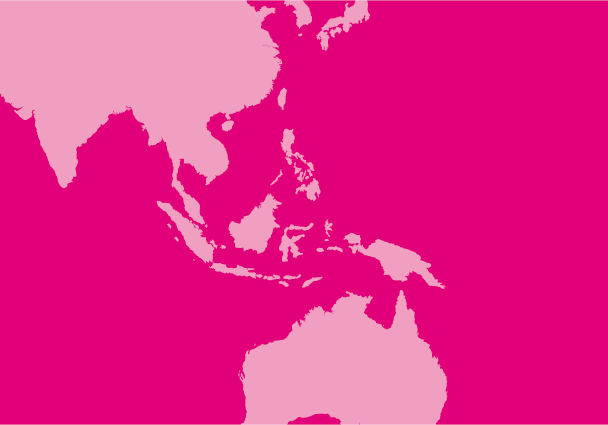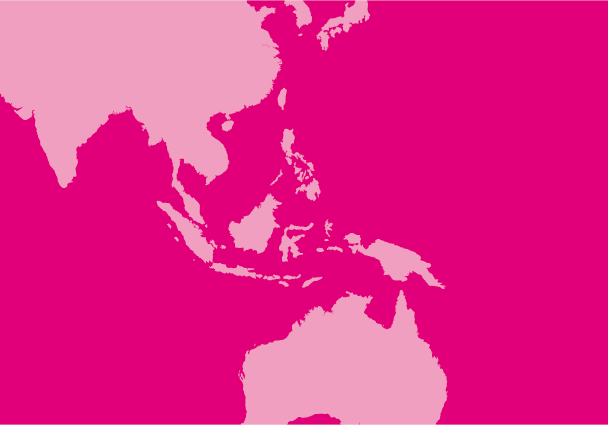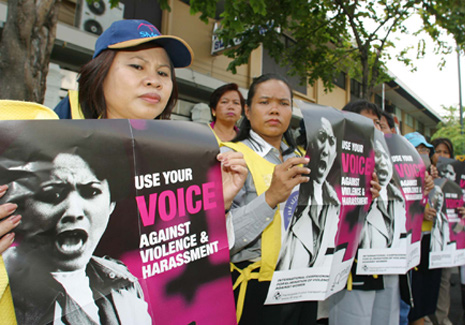
ICJ calls for bold action to end discrimination against women based on religion, tradition, custom, and culture
The ICJ commemorates International Women’s Day by calling on States all over the world to take decisive steps to abolish or amend laws, policies and practices that discriminate against women and girls, including those belonging to Sexual Orientation, Gender Identity and Expression and Sex Characteristics (SOGIESC) minorities.
“All over the world, we are facing increasing attacks on the rule of law, which intensify existing inequalities resulting in compounded and intersecting forms of discrimination against women and girls, especially women from SOGIESC minorities,” said Emerlynne Gil, ICJ’s global focal point on gender.
The ICJ also calls on frontline justice actors, such as judges, lawyers and law enforcement officers, to take proactive steps in eliminating gender discriminatory practices in their work to further enhance access to justice for women.
Such action includes an open and inclusive discourse on regressive interpretations of religious and customary laws that discriminate against women.
The ICJ also urges States to acknowledge the diverse voices of women in this discourse, including those of women who belong to SOGIESC minorities.
“Women and girls, including those from SOGIESC minorities, are at a heightened risk of human rights abuses, most especially because a greater number among them is now living in poverty and is unable to access information about their rights, as well as justice for the violations they suffer,” added Emerlynne Gil.
.International Women’s Day is a symbolic acknowledgement of women’s struggle for gender equality in all spheres of life.
While celebrating the recognition of women’s legal rights and entitlements, the ICJ also notes with deep concern the growing trend around the world to push back on these advances in a manner that fundamentally violates the rights of women.
In 2019, the ICJ adopted the Tunis Declaration on Reinforcing the Rule of Law and Human Rights (Tunis Declaration), wherein it highlighted how “culture, tradition, or religion are being used to justify laws, policies, and practices that discriminate against women and girls”.
The proliferation of these discriminatory laws, policies and practices “come at a time when there is growing inequality, accelerating climate change, conflict, and large-scale displacement of people.”
Upholding cultural practices is often invoked as a convenient excuse to justify the continued existence of laws, policies, and practices that discriminate against women and girls, including those belonging to SOGIESC minorities.
While the ICJ affirms the importance of respecting cultural rights, these must be exercised in a manner consistent with core rule of law principles of non-discrimination, equality and equal protection of the law.
The ICJ notes that claims of cultural preservation are often based upon harmful gender stereotypes and deeply problematic patriarchal norms and attitudes that undergird the sanctification of discriminatory cultural, religious, traditional, and customary norms.
In the Tunis Declaration, the ICJ recognized “the persistent, deep entrenchment of patriarchal culture that perpetuates gender stereotypes in many national and international institutions, including those of the legal profession and judiciary.”
Harmful gender stereotypes, in turn, severely hamper women from enjoying their human rights and from equal access to justice, including for crimes of sexual and gender-based violence perpetrated against them.
Contact
Emerlynne Gil, ICJ Senior International Legal Adviser, email: emerlynne.gil(a)icj.org

